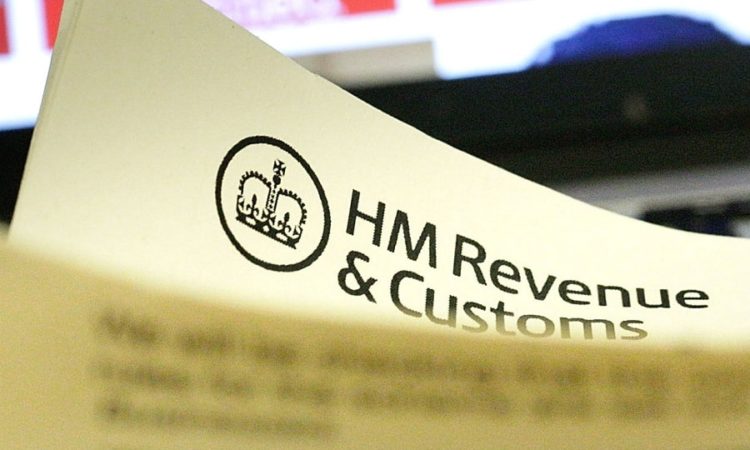The annual tax return submission carries with it some trepidation even for the most experienced of businesses. The possibility that this is the year you’ll get a call from HMRC about an investigation is ever-present. There are, of course, certain triggers that initiate a tax enquiry and if you can take steps to neutralise these, your chances of the dreaded investigation are reduced. Here, we talk to R&D Tax Solutions about the things you need to know regarding HMRC enquiries into your R&D tax claim.
The Triggers
The first thing to note is what will trigger an investigation into your claim. As with any tax return, there are certain red flags that will cause HMRC to initiate an enquiry. The principle of these relate to a lack of supporting evidence within your claim.
HMRC suggests that when claiming under the SME or RDEC scheme, you provide documents to support your claim. The reality is that if these aren’t supplied, you run the risk of having your claim rejected or facing an enquiry.
Claims should include a full cost breakdown and/or a report that adequately explains the advance in science or technology that has been sought. These documents are especially important if you’re submitting a claim for the first time. Try to err on the side of caution and provide plenty of relevant detail about what costs were involved, the challenges that were faced, and the methods being used to overcome them.
Other reasons for investigation might include:
- A high number of staff being involved with the project
- Poor calculations or methodology in the claim
- A director using their own connected company to carry out sub-contracted activity on the R&D project
Dealing with an Investigation
Sometimes an investigation occurs even if you’ve provided the relevant evidence and accurate calculations. It could simply be that HMRC is making enquiries in your particular business sector this period. If you do receive notification of an investigation, here’s what you can do to help your business come out of it in the best possible way.
Firstly, re-check your figures, or have an R&D tax specialist re-check them. If a mistake in the original figures comes to light at this point, don’t sit on it – notify HMRC as soon as possible. Volunteering the information in this way will work in your favour and can often reduce the penalty for an incorrect claim. If HMRC deems it to be an innocent error, you may get a minimal fine.
Co-operating with HMRC is always the best solution if you do find your business under enquiry. Withholding information of any sort can work against you, and the tax office may even suspect you of wilful inaccuracies. In any event, responding quickly with the requested information will help rather than hinder your case.
If you believe the claim is accurate and can be defended, contact a tax specialist to help you with your case. Often, a successful outcome can be achieved with the specialist liaising with HMRC on your behalf.





